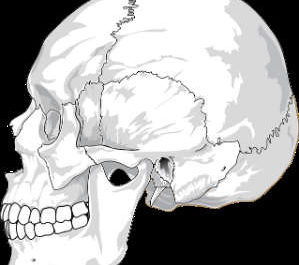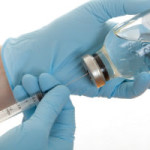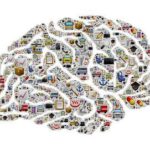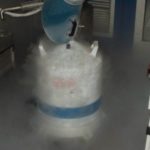New Guidelines For Treating Youth Concussions
A concussion is considered a traumatic brain injury and is caused by blunt force trauma to the head. Most often, a person gets a concussion when they are involved in a car accident, playing sports or a fall. Ira Riklis has discovered that a concussion is most common in children as a result of a sports injury. Contact sports, such as football, send many children to the emergency room. Over 800,000 children seek medical treatment for a traumatic brain injury every year. The treatment of a concussion for children is different from that of adults.
New Guidelines for Treating a Youth Concussion
The Centers for Disease Control recently put into place new guidelines dealing with youth concussion. The following five recommendations have been developed to ensure the best possible outcome when treating a child with a concussion.
- Refrain from using imaging to diagnose a mild traumatic brain injury
- Use age-appropriate symptom scales to diagnose an injury
- Assess risk factors for prolonged recovery, taking into consideration the history of brain injury, presentation of severe symptoms immediately after an injury, personal characteristics and family history
- Provide personalized instructions for returning to activity to the patient and parents based on symptoms
- Counsel the patient and parents to return to non-sports activities gradually, but not before at least two or three days of rest
Symptoms of a Concussion
A concussion may not be readily apparent since it can take hours or even days for symptoms to begin showing. Such symptoms can last for days, weeks or even longer. The following are some of the most common signs and symptoms of a concussion:
- Amnesia (patient may not remember how they were injured)
- Loss of consciousness temporarily
- Headache
- Nausea and Vomiting
- Confusion
- Dizziness
- Slurred speech
- Dazed appearance
- Delayed response to questions
- Fatigue
- Ringing in the ears
Other symptoms might not be present until days or weeks after the initial injury. Some of these delayed symptoms may include:
- Decreased concentration
- Memory problems
- Light and noise sensitivity
- Disruption in sleep patterns
- Problems with taste and smell
- Depression
Diagnosis and Treatment of a Concussion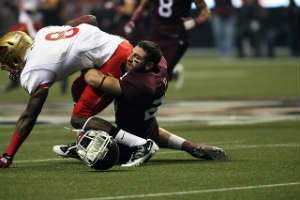
If you suspect your child has a concussion, medical attention is necessary. A child might be reluctant to report an injury for fear that he might lose his position on the team. However, if a concussion is left untreated, the consequences could be severe. Remind your child that it is better to sit out one game than to miss the entire season. Your child’s doctor will diagnose a concussion by doing the following:
- Asking your child questions, such as how the injury occurred
- Asking questions about the symptoms your child has experienced
- Asking basic questions to test your child’s memory and concentration
- Performing a physical exam, focusing on the nervous system by testing balance, coordination, and reflexes
- Ordering a brain scan to rule out internal bleeding
If serious problems are ruled out, your child can heal at home. The doctor will tell you to make sure your child gets plenty of rest. Physical activity should be limited and your child must refrain from all sports until the concussion is completely healed. Mental rest is also essential in treatment. Using a cell phone, computer or any other device that requires your child to think should be re-introduced to them gradually. If symptoms return, your child should discontinue use until the concussion is healed completely. During the recovery process, it is essential that your child eats a healthy diet and stays hydrated with non-caffeinated drinks.
A mild concussion is usually not a cause for great concern. However, any time your child receives a head injury, it is a good idea to take them to the doctor. Your child’s doctor will be able to detect any problems and treat them accordingly. By following the doctor’s advice, your child will be back up to their level of activity in no time.

